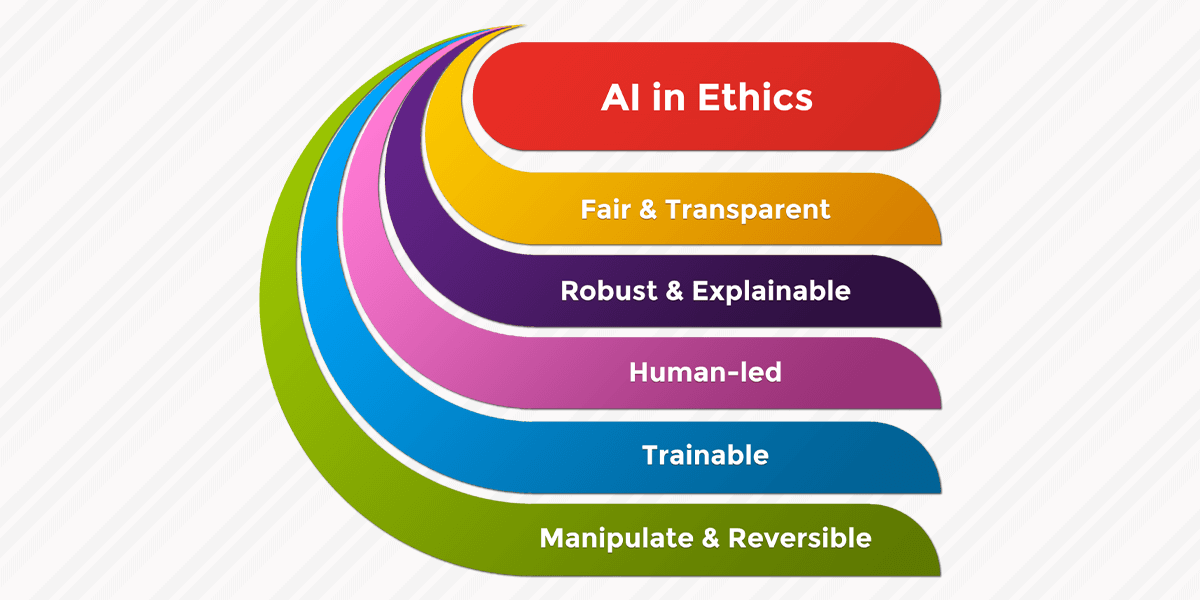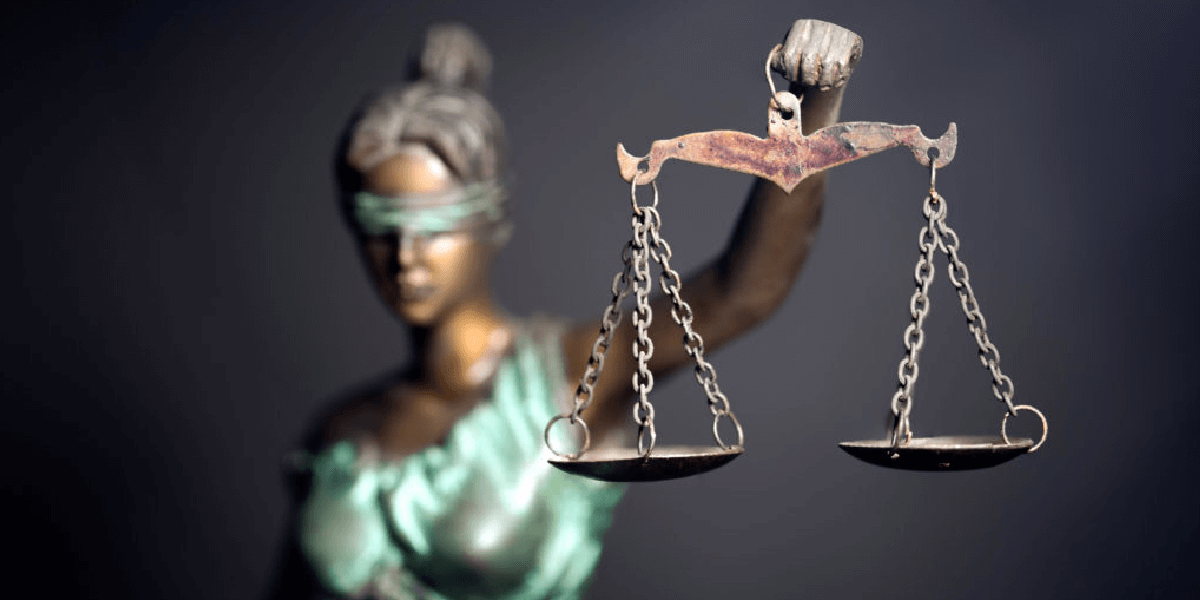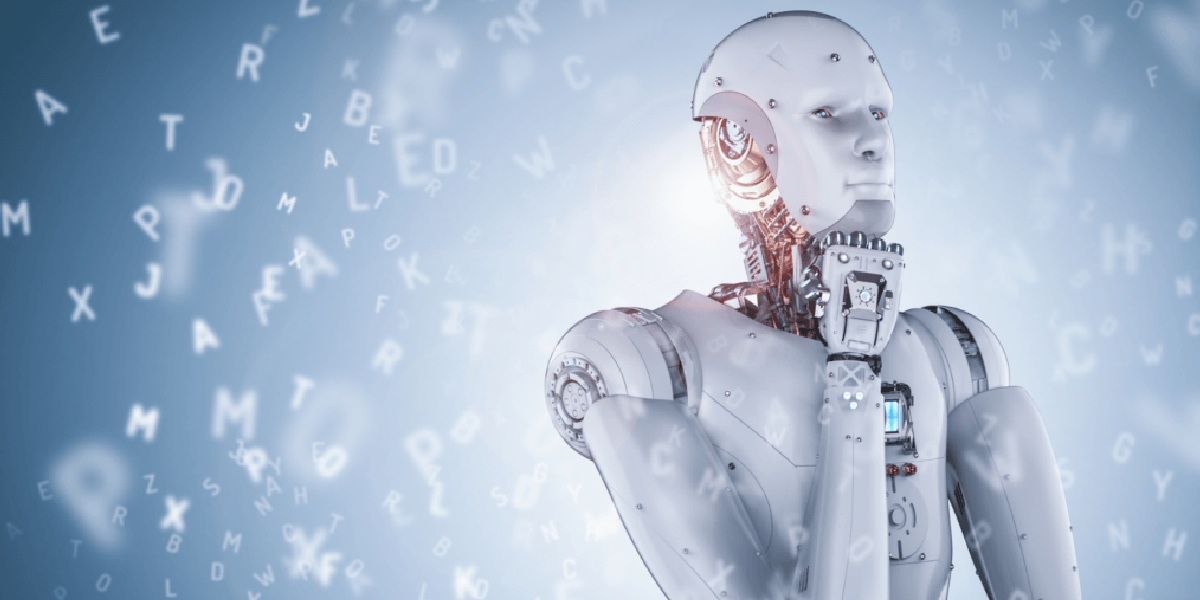Credit: Dice
The world of artificial intelligence has faced with rapid growth in the last decade. From industrial technology to IT services, space missions to research, the presence of AI in every single industry is overbearingly important.
But since the core concept of AI lies in providing decision-making capabilities to computing systems, there is a question of ethics involved in the process. In this blog, we will explore the various dimensions of ethics as it applies to the current AI industry, and also consider some thoughts by key spokespersons from the industry regarding AI ethics.
 .
.
Primary Debates
While the presence of ethical decisions to be made on AI is almost none, the operational methodology of these systems proves otherwise. If AI systems can be designed to collect email addresses, then they can also be used to forward them to third parties without consent. But this is rather a question of basic morality.
The bigger problem is when the AI-based data analysis systems start to show our social biases. An AI system designed to create criminal profiles can show racist tendencies. Identification of patterns is one of the primary services provided by AI, and if the output of these systems shows our social biases then we must accept that the process of machine learning requires ethical guidelines that it must follow.
Another aspect that must be discussed is the effect of this growing industry on the labor market. While discussing AI ethical issues many labor rights representatives have stated that these systems will rapidly replace humans and create unemployment. However, the industrial growth that has been faced due to the development of AI systems cannot be ignored either.
As far as AI ethics and society are concerned, there are many chances for the process to go wrong and further existing social problems. Thus, a guideline for dealing with the ethical issues of AI development is truly the need of the hour.

Credit: Futureoflife
Role of Policy Makers
When it comes to AI and ethics, the maximum burden of responsibility lies on the policymakers. Ray Kurzweil, author, inventor, and founder of one of the most important AI development teams at Google addressed this issue in a recent interview.
He stated that, “It’s only continued progress particularly in AI that’s going to enable us to continue overcoming poverty and disease and environmental degradation while we attend to the peril.” Basically, as a direct policymaker for AI systems developed by Google, he wants to ensure that the process is fundamentally poised towards solving the great human problems.
But looking at the current technological landscape, AI systems are being developed for numerous industries and causes, and this needs a through central guideline. Regardless of how well one’s intention may be, there are examples of AI systems causing societal problems. Hence, setting up ethical standards for the development of such important technology is absolutely necessary.
Look to the future : The world of artificial intelligence
For a long time, the question had been, Is Ethical AI even possible. But now that we know the answer to what is AI ethics, we need to start asking more relevant questions.
How can we ensure ethical checkpoints within AI systems? How do we train the current workforce to accept the multitude of changes being brought in by the development of AI? How do we ensure the accountability and accessibility of AI systems?
As this technology develops, so must our understanding of its usage and dangers. But at the same time, we should keep in mind that the process of development should not be hampered, but rather course-corrected whenever necessary in the world of artificial intelligence.

